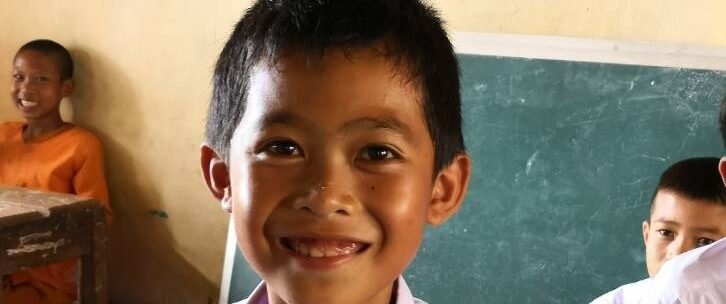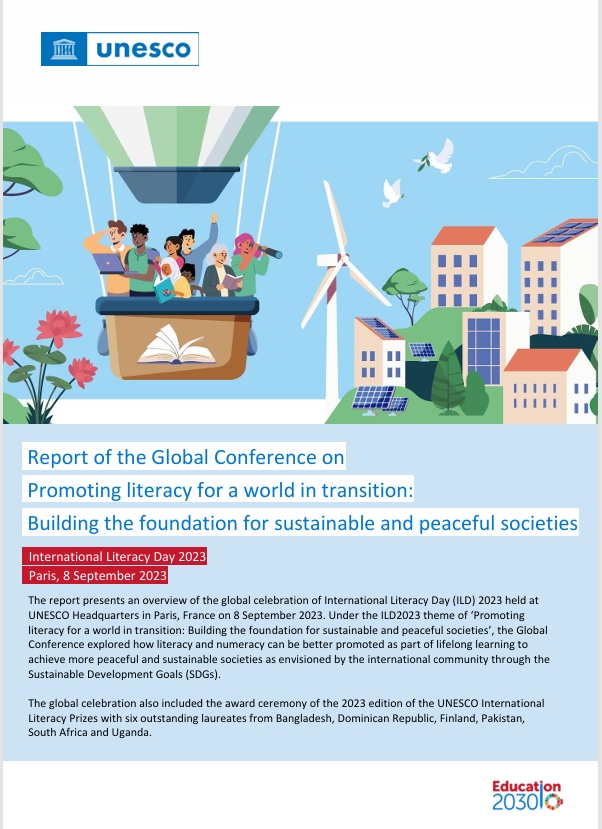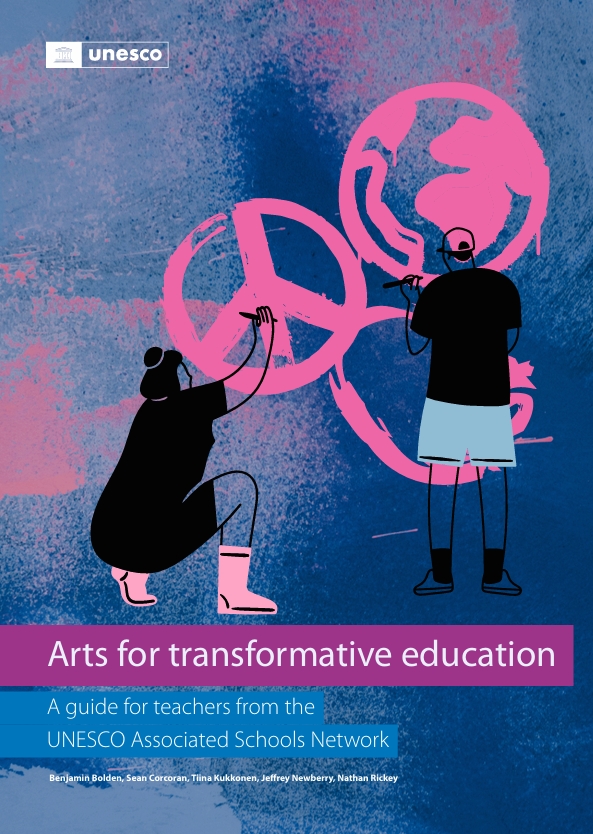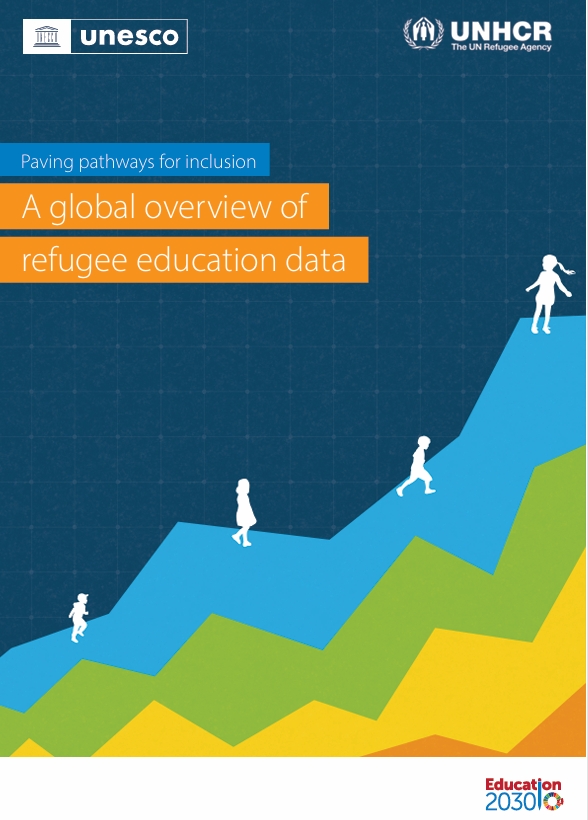Story Source: UNESCO ~ Go to Original Article
In late 2018, it was announced that about 600,000 students considered to be ‘very poor’ will receive an extra $24 per semester by the Equitable Education Fund (EEF), created by the government.
Some question the timing of the announcement, shortly before a general election scheduled for February 24. Inequalities are bound to form a central part of the election campaign given that a recent report by Credit Suisse has named Thailand the most unequal country in the world, with one percent of the population exposed for owning two thirds of its wealth. This has unearthed an evident clamour of outrage from a social justice advocacy group in the country made up of 13 organisations, and resulted in some political change.
Using the World Inequality Database on Education (WIDE) we can see how far some of the inequalities stretch. While around 80% on average complete lower secondary education, this drops to just 67% for the poorest young men in urban areas.
The plan to increase the funding to address inequalities in Thailand was made by the EEF and the Office of Basic Education Commission. The new public fund targeting the poorest indicates that solutions to education exclusion requires the Ministry of Education to cooperate with other ministries.
 It is a decision that respects the impact that an education can have on helping households to escape poverty. In particular, ensuring that most people have completed secondary schooling is an essential condition of reducing inequality within countries. In Brazil, France and Malaysia, income inequality, as captured by the Gini coefficient, fell by about seven percentage points over two decades, as the share of the population with secondary education grew. In Malaysia, the share of adults with secondary education increased from 20% in 1980 to 48% in 2000, while the Gini coefficient fell from 0.51 to 0.44.
It is a decision that respects the impact that an education can have on helping households to escape poverty. In particular, ensuring that most people have completed secondary schooling is an essential condition of reducing inequality within countries. In Brazil, France and Malaysia, income inequality, as captured by the Gini coefficient, fell by about seven percentage points over two decades, as the share of the population with secondary education grew. In Malaysia, the share of adults with secondary education increased from 20% in 1980 to 48% in 2000, while the Gini coefficient fell from 0.51 to 0.44.
Globally, we estimated that achieving universal primary and secondary attainment in the adult population would help to lift more than 420 million out of poverty, thus reducing the number of poor worldwide by more than half.
The recent Credit Suisse report says that the bottom 10% of Thais hold 0% of the country’s wealth, being either in debt or having no documented household income. The rapid economic growth since the 1950s has lifted segments out of poverty but has still left many behind. Some say that this is because spending on social services has remained stagnant.
You may feel it is not fair for an announcement of a targeted cash transfer to result in critical analysis. And it is always possible this is the start of a real turning point for the poorest in the country. We hope to open Credit Suisse’s report this time next year and see that it has.







